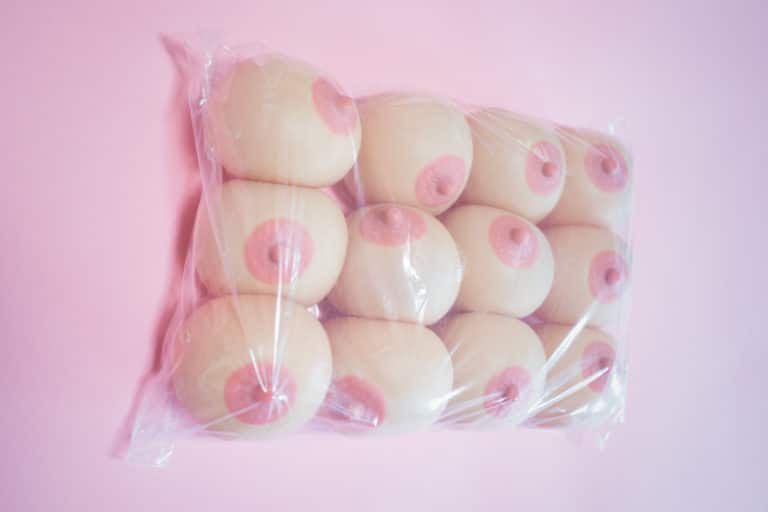Plastic surgery influencers are deceiving an entire generation

The selfie-generation has become something we accept as much as we enjoy to joke about. Selfie-oriented beauty tutorials are the subject of love, hate and mockery. Shameless selfie is a hashtag. ‘Feeling myself’ a brush off reference to Beyonce rather than an acknowledgement of our self-obsession and desire for societal acceptance. Beauty tutorials on YouTube and Instagram have become a source of plastic surgery and botox inspiration, influence and—more importantly, education.
According to a 2017 survey by The American Academy of Facial Plastic and Reconstructive Surgery (AAFPRS), 55 percent of plastic surgeons reported that their patients desired to look better in selfies. The trend was first identified by the surgeon society three years ago and has been on an average 13 percent increase per year since. BUT With online beauty influencers leading this change, what exactly is their influence providing those seeking advice, reliable information and support ahead of such robust, expensive and life-altering decisions?
AAFPRS President, William H. Truswell, said that “More and more of our patients are using social media as a forum to gain a sense of solidarity when undergoing a major, potentially life-changing procedure. Consumers are only a swipe away from finding love and a new look, and this movement is only going to get stronger.” The main issue is that surgery influencers and advocates often represent only a fragment of the whole process; the final result, the beginning of a happier life; the start of self-confidence never experienced before. Just a few weeks ago the Evening Standard reported that “Superdrug launched its own Botox and fillers service” as a result of what “experts have linked to the popularity of Love Island.” Supposedly watching 20-year-olds with lip fillers frolicking around a villa in Spain for 8 weeks is enough to convince an entire generation of beauty-thirsty millennials that aesthetic surgery is the answer. And don’t get me wrong, it could be for some. But what I’m more concerned about is the information available on what these procedures really mean.
The kind of information currently circulating through botox advocates and Instagram surgeons like Dr Six and his peers happens to be much more hollow and at times inaccurate than we’re led to believe. Just two weeks ago, a study was published by Rutgers University—the first of its kind—titled ‘Assessment of YouTube as an Informative Resource on Facial Plastic Surgery Procedures’. The study saw researchers analysing thousands of “facial plastic surgery procedures, patient experiences, and medical commentary” on YouTube and Instagram to evaluate the “video quality and creator qualification”. By analysing the top 240 videos that came up to an array of keywords such as ‘lip fillers’, ‘facial fillers’ and ‘eyelid surgery’, researchers concluded that these videos accumulate a combined 158 million views. All the videos were given a credibility and reliability score from between 1 (very low) to 5 (high) and the results, worryingly yet somewhat unsurprisingly, ranged between 2.75 at the top range and 1.55 for the low ranking videos.
It’s hard to believe that watching DIY plastic surgery advice, procedure and before-and-after videos will have such visible influence on an entire generation. But when there’s no limitation and, crucially, no regulation in the era of influencers we are living through—essentially “The Age of Influence” as the cover of Business of Fashion’s May issue read under Kim Kardashian’s perfectly symmetrical face—the question is, what are the limits to influence?




